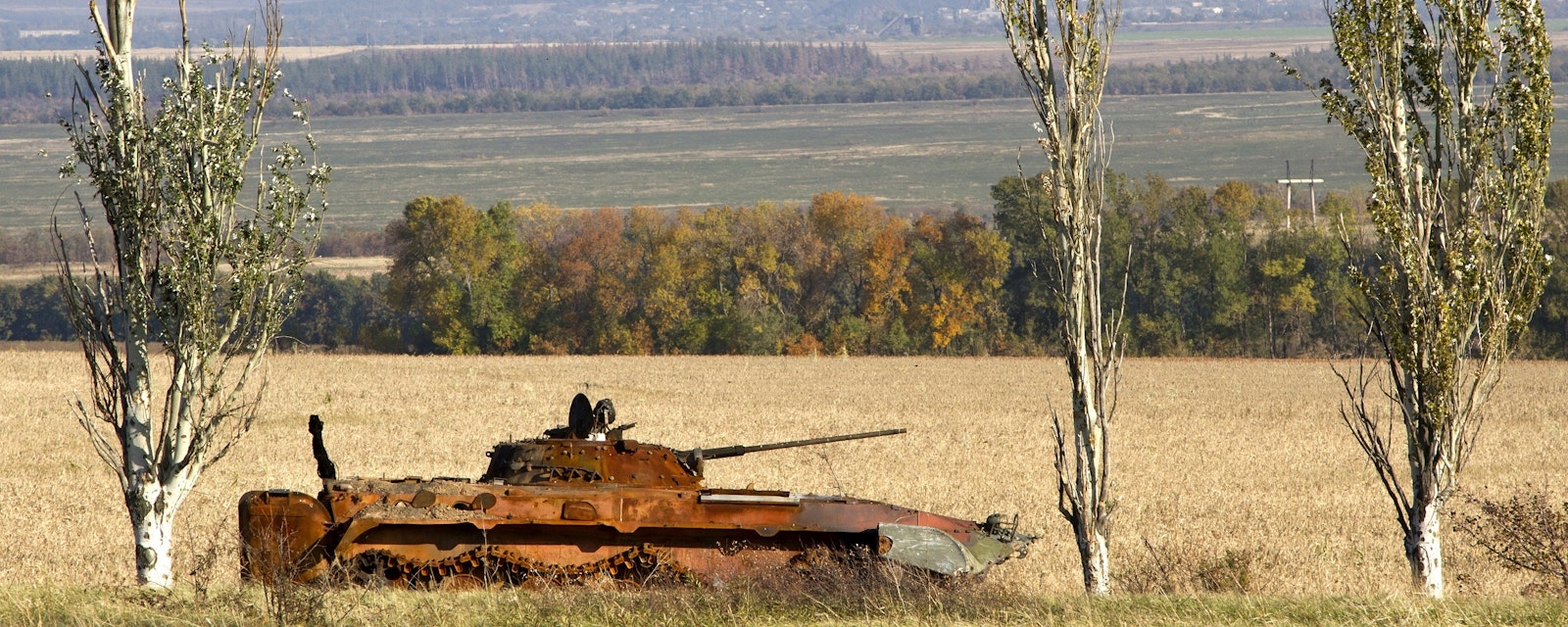Russia’s saber-rattling near Donbas and Crimea is likely driven by Kyiv’s actions against pro-Kremlin figures/entities in Ukraine, the growing tensions between Moscow and the West as well as domestic pressures within Russia. However, a major escalation of the conflict with Ukraine would likely bring more damage than benefit to Moscow. A military build-up and high tensions pose a risk of an unintentional escalation; persistent water shortages in Crimea are also a source of concern.
The Organization for Security and Cooperation in Europe (OSCE) has reported around 3,000 ceasefire violations during the past seven days in Donbas, which marks the highest count since July 2020. The last two weeks of fighting resulted in several casualties on the Ukrainian side, while the build-up of Russian armed forces near Donbas and Crimea is raising concerns in Kyiv and Western capitals of escalation of the conflict.
In general, the seven-year long conflict has been prone to cyclical intensification and de-escalation. While there is no obvious cause for the latest flare up, renewed tensions are likely driven by several factors. First, Moscow’s brinkmanship might have been evoked by Kyiv’s increasingly confrontational actions towards Russia in recent months. Amid plummeting approval ratings, stalling domestic reforms, and muted prospects to deliver his main electoral pledge – bring peace to Donbas – President Volodymyr Zelensky has focused on wining favor with the new Biden administration in the US. In February, Zelensky closed down three pro-Russian television channels in Ukraine, kicked out a lawmaker sanctioned by the US from his Servant of the People party and imposed restrictions on several prominent pro-Russian oligarchs including Viktor Medvenchuk, a close ally of Russian President Vladimir Putin. Kyiv has also launched an international initiative, called Crimea Platform, designed to facilitate the return of the peninsula under Ukraine’s control, while the country’s new military security strategy adopted in March outlines steps to facilitate Ukraine’s integration into NATO.
Russian authorities are not immune to domestic pressures either. The ruling United Russia party is polling at multi-year lows ahead of the State Duma election scheduled in September, while associates of the Kremlin critic Alexey Navalny are planning a new nationwide protest in spring, which may be amplified by high public concerns over surging food prices, poverty and corruption. The demonstration of the country’s military power – combined with the Kremlin’s combative rhetoric – may stimulate national pride and at least in part distract public attention from pressing domestic issues.
From a geopolitical standpoint, the latest escalation in Donbas coincides with a sharp deterioration in relations between Russia and the West (particularly the US), mostly over Moscow’s treatment of Navalny. Washington is expected to impose new restrictions on Moscow in response to the alleged meddling in the 2020 presidential election and the so-called SolarWinds cyber-hack; the second-round sanctions over the use of chemical weapon are looming too. Saber-rattling has long-been part of the Kremlin’s response to Western sanctions, and the latest escalation in Donbas, including an ostentatious movement of its armed forces, serves as a reminder Russia’s ability to swiftly destabilize the situation in Ukraine. In this respect, Moscow could also test commitment of Ukraine’s Western allies to support Kyiv.
Despite the elevated tensions, a large-scale escalation/expansion of the conflict would bring few benefits to Moscow. Russian voters’ concerns center mostly around domestic socio-economic issues, and a major military conflict with Ukraine – which around 50% of Russians view positively – would hardly boost the ruling party’s standing. The prospects of Russia’s quick military victory/gains are also questionable due to the significant modernization of Ukraine’s military in recent years and its reinforced positions along the frontline. A military escalation would also significantly increase the probability of harsh Western sanctions on Russia, potentially hurting the country’s economic recovery after the pandemic. Finally, the simmering low-intensity conflict in the Donbas serves the Kremlin’s objective of complicating Ukraine’s potential integration to the EU and NATO.
However, given a significant military build-up and high tensions along the frontline, an unintentional escalation or incidents remain a possibility. The shootdown of Malaysia Airlines flight 17 in 2014 was perhaps the most notable example of this. Another concern is the long-standing water shortage in Crimea, which had been aggravated by Kiev's closure of the North Crimean Canal in 2014. As a result, Russia might be putting military pressure on Kyiv to renew water supplies to the peninsula. In an extreme case, a Russian military operation to gain control of water supplies in Ukraine’s Khershon region, north of Crimea, cannot be completely ruled out.





